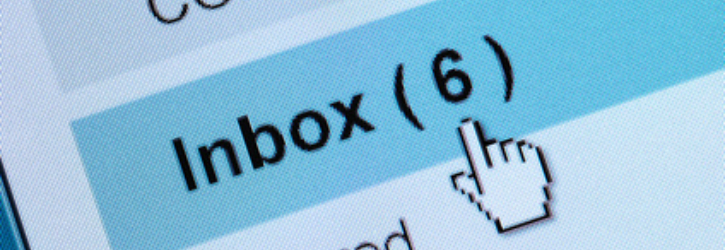
Welcome To The Data Leak Lawyers Blog
We focus on the latest news surrounding data breaches, leaks and hacks plus daily internet security articles.

We focus on the latest news surrounding data breaches, leaks and hacks plus daily internet security articles.

Scientists in Florida have developed software to stop ransomware in its tracks, sources from the BBC have confirmed. According to reports, the software called “CryptoDrop” can detect malware and stop it in its tracks.
This is big news, especially for businesses who have reportedly lost millions in paying ransomware demands because it’s less costly just to pay up and move on as opposed to hours lost getting systems back online which cost organisations even more money.
read more

Phishing emails – every single day millions of them are received as scammers and cyber criminals try their damndest to hack our computers and take our money…
The trend right now is ransomware which is malicious software (malware) that can end up locking you out of your own computer until you pay a fee. Or, as is the case in a topic we’re blogging about today, you’re told that you OWE money to a company and have to pay them or face legal action.
Most phishing emails are so obvious that it’s hard to fall for them nowadays, but a few slip through that are quite convincing – like the ones where they show your OWN postal address in the text of the email.
read more

Just this week we were posting about the rise of ransomware, and today the news agencies are reporting of a malicious attack that has infected users with ransomware when hackers were able to take control of banner adverts that linked to malicious software.
The hackers managed to gain control of a domain that the former owners didn’t renew, meaning that legitimate ad agencies were inadvertently displaying adverts that linked to a separate page that then tried to put ransomware on to their computers.
read more

Ransomware is on the rise, and security experts are warning businesses and individuals to take extra care in the wake of a surge in reported cases.
Essentially ransomware has the capacity to lock a user out of their own system and demand a financial ransom by encrypting data on an infected device. The decryption key is then only made available once a ransom has been paid.
It’s a clever way in which scammers are making money – and we’re not just talking a few pounds here and there. Worldwide, the total amount of money being paid in ransomware is in the millions.
read more
EasyJet admits data of nine million hacked
British Airways data breach: How to claim up to £6,000 compensation
Are you owed £5,000 for the Virgin Media data breach?
Virgin Media faces £4.5 BILLION in compensation payouts
BA customers given final deadline to claim compensation for data breach
Shoppers slam Morrisons after loyalty points stolen
Half a million customers can sue BA over huge data breach
Lawyers accuse BA of 'swerving responsibility' for data breach
The biggest data breaches of 2020
Fill out our quick call back form below and we'll contact you when you're ready to talk to us.